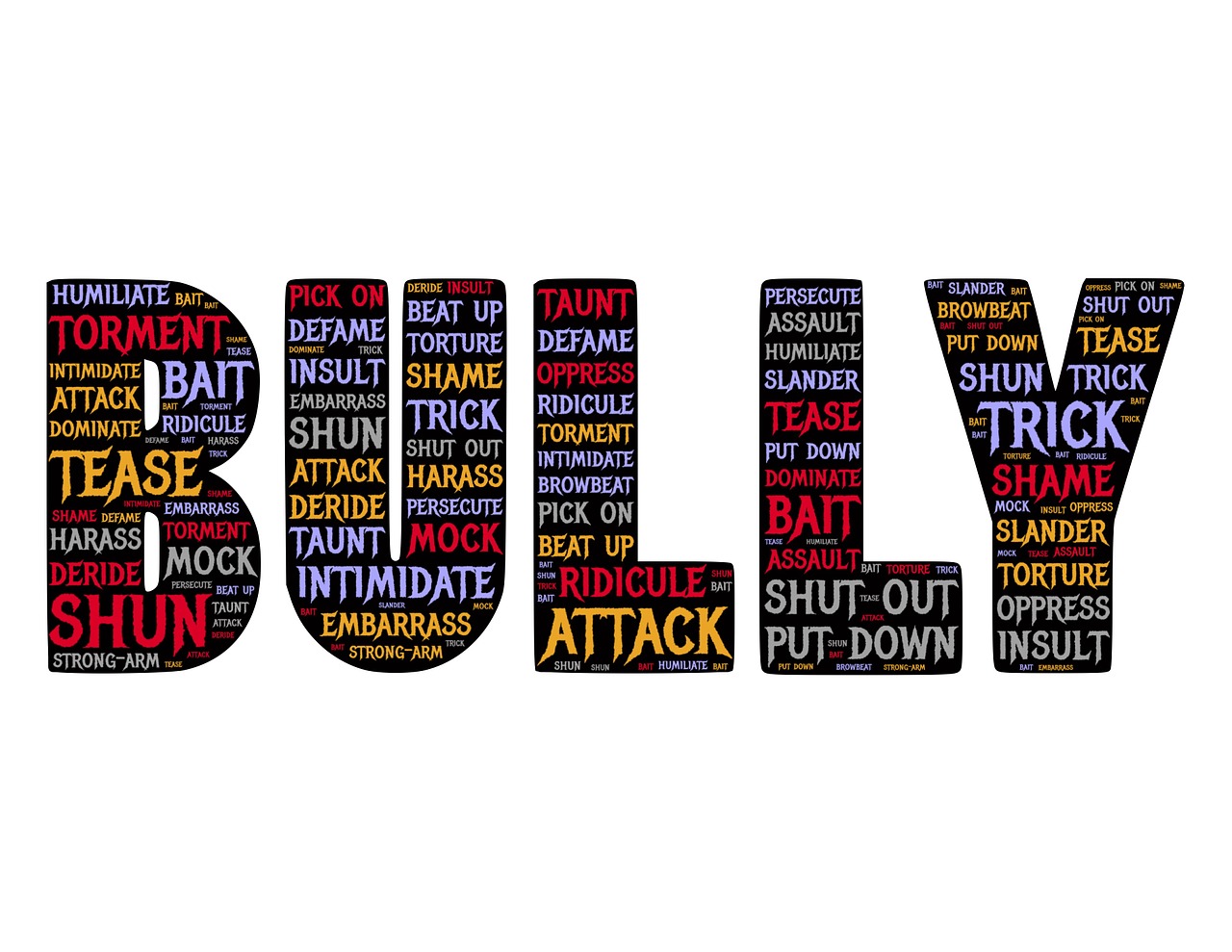Bullying in the Workplace
Under the section 8 of the Safety, Health and Welfare at Work Act 2005, your employer is legally obligated to ensure that they “prevent any improper conduct or behaviour likely to put the safety, health and welfare of employees at risk”, which is inclusive of bullying.
What constitutes bullying in the workplace?
While there is often a degree of jovial banter in the workplace, oftentimes this can cross the line and extend in to the boundaries of bullying. Examples of bullying in the workplace can include:
- Being unfairly excluded from work events, emails, or meetings
- Intimidation and/or aggressive actions
- Verbal / Physical abuse
- Unwanted sexual comments
- Being demeaned or excessively criticized in front of others
Although this list is by no means exhaustive, it shows that there is a wide breadth of actions and behaviour that can constitute bullying in the workplace and must be prevented.
Employer’s Responsibilities
Under the Code of Practice for Employers and Employees on the Prevention and Resolution of Bullying at Work, it is the responsibility of your employer to:
- Take reasonable steps to prevent bullying in the workplace
- Have an anti-bullying policy for dealing with complaints of bullying
- Develop the anti-bullying policy in consultation with employees
- Prepare a Safety Statement based on an assessment of the risk of bullying
Employee’s Responsibilities
As it is the responsibility of an employer to prevent any bullying from occurring in the workplace, employees are also obliged to ensure that they:
- Not engage in improper behaviour which would endanger the health, safety and welfare of yourself or the other employees
- Comply with relevant anti-bullying policies
- Co-operate with your employer when an allegation of bullying at work is being investigated
Can I take legal action over being bullied at work?
If you are the victim of workplace bullying, it is advisable to first speak to your employer and/or line manager about the issue first to see if it can be resolved. If you feel comfortable doing so, you may also speak to the person directly who you believe is bullying you, as they may not be aware of the effect that their words/actions are having.
If you have followed these steps and the bullying continues, you can then launch an official complaint with your manager who will be obliged to act by investigating the complaint and putting an end to the abusive behaviour.
In the case that your manager refuses or fails to resolve the issue, you may then need to seek legal assistance from a qualified solicitor who will advise you of your steps moving forward with an employment tribunal claim for bullying in the workplace.
*In contentious business, a solicitor may not calculate fees or other charges as a percentage or proportion of any award or settlement.*

